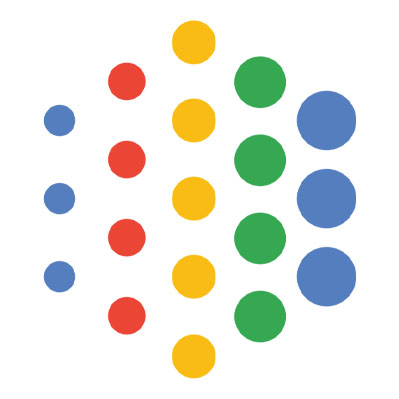Description
Google AI is a division of Google dedicated to artificial intelligence. It was announced at Google I/O 2017 by CEO Sundar Pichai.
This division has expanded with research facilities in various parts of the world such as Zurich, Paris, Israel, and Beijing.
In 2023, Google AI was part of the reorganization initiative that elevated its head, Jeff Dean, to the position of chief scientist at Google. This reorganization involved the merging of Google Brain and DeepMind, a UK-based company that Google acquired in 2014 that operated separately from the company’s core research.
Projects
- Google Brain, a big subsidiary developing AI with machine learning to improve various Google services (e.g. better translation quality in Google Translate)
- Serving cloud-based TPUs (tensor processing units) in order to develop machine learning software.
- Development of TensorFlow.
- The TPU research cloud provides free access to a cluster of cloud TPUs to researchers engaged in open-source machine learning research.
- Portal to over 5500 (as of September 2019) research publications by Google staff.
- Magenta: a deep learning research team exploring the role of machine learning as a tool in the creative process. The team has released many open source projects allowing artists and musicians to extend their processes using AI. With the use of Magenta, musicians and composers could create high-quality music at a
- lower cost, making it easier for new artists to enter the industry.
- Sycamore: a new 54-qubit programmable quantum processor.
- LaMDA: a family of conversational neural language models
- A program designed to address the growing need for developing free speech resources for under-represented languages

























